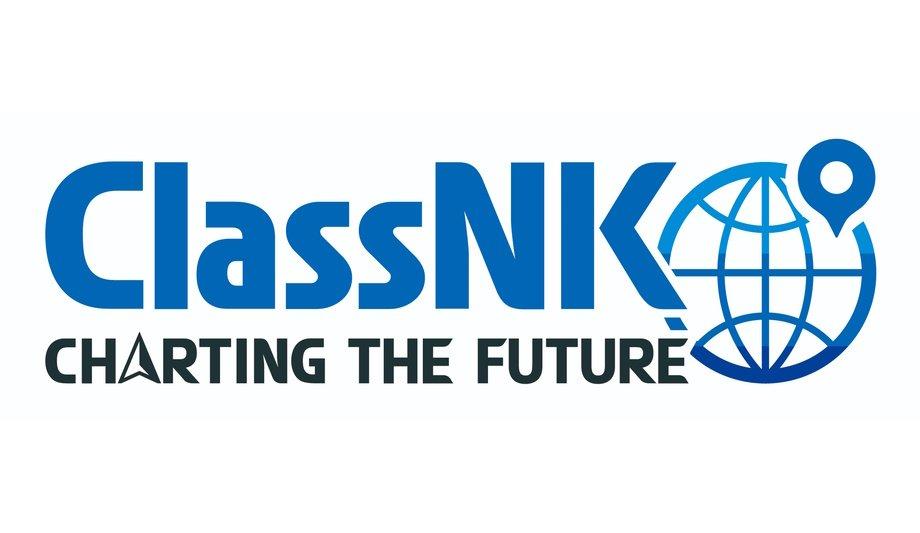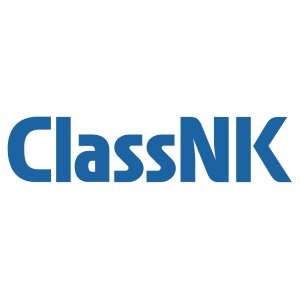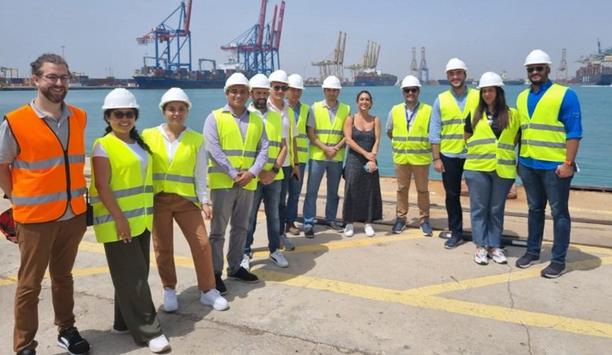ClassNK has issued an Approval in Principle (AiP) for a cargo containment system (CCS) and cargo handling system (CHS) for a liquefied hydrogen carrier developed by GTT.
Hydrogen is expected to be used as a source of clean energy for decarbonisation since it does not emit CO2 when combusted. The technological development for maritime hydrogen transportation is progressing actively with the aim of establishing a hydrogen supply chain.
Review of CCS and CHS
ClassNK carried out the design review of CCS and CHS developed by GTT based on its Part N of Rules for the Survey and Construction of Steel Ships incorporating the IGC Code, and its Guidelines for Liquefied Hydrogen Carriers incorporating the IMO’s Interim Recommendations for Carriage of Liquefied Hydrogen in Bulk.
Furthermore, a hazard identification (HAZID) workshop was conducted to ascertain potential hazards and risks. Upon confirming they comply with the prescribed requirements, ClassNK issued the AiP.
Relevance of GTT’s technology
GTT's R&D teams are decided to push back technological frontiers and make this technology viable"
Philippe Berterottière, Chairman and CEO of GTT, declared: "We are proud to obtain this new approval in principle from ClassNK, whose in-depth technical and regulatory knowledge, as well as their solid experience in hydrogen, demonstrate the relevance of GTT’s technology in the field of hydrogen."
He adds, "We are convinced that the development of containment systems for hydrogen transportation is a key element in accelerating the energy transition. GTT's R&D teams are determined to push back the technological frontiers and make this technology viable and quickly available to the maritime transport and energy players.”
Author's quote
Masaki Matsunaga, Corporate Officer/Director of Plan Approval and Technical Solution Division of ClassNK, stated: “ClassNK has issued the AiP for the LH2 cargo containment system and cargo handling system developed by GTT, following our review in line with our rules and guidelines dedicated to LH2 transportation as well as verification of risk analysis results."
He adds, "Anticipating that hydrogen transportation will play a significant role in a decarbonised society, it is our pleasure to be involved in GTT’s pioneering initiative through our expertise in safety assessment.”
Approval in Principle (AiP)
At the initial stage of designing or before the specific target ship to be implemented is decided, the design is examined based on the existing regulations such as international conventions and ship classification rules, and an Approval in Principle (AiP) is issued as proof of conformity with requirements.
It also prevents rework of regulatory aspects in the post-process, shortens the examination time at the time of class registration, and can be used as a technical basis for external appeal of the design status.












